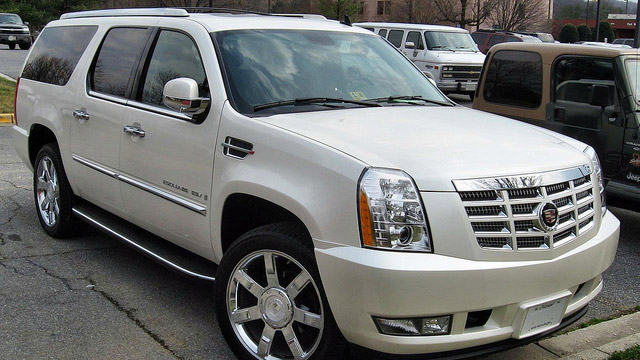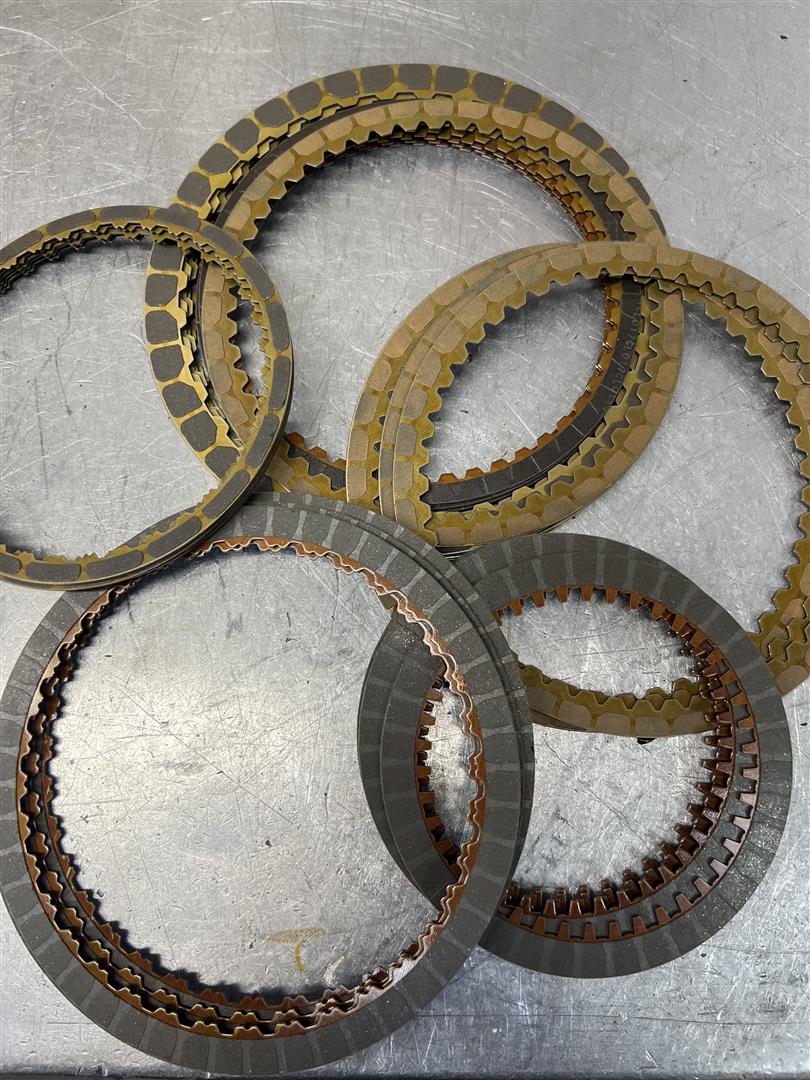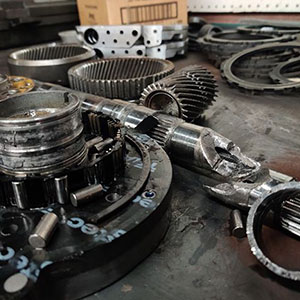Posted on 7/1/2024

The 6L80e and 6L90e are popular automatic transmissions used in many GM vehicles, including trucks, SUVs, and some performance vehicles. While these transmissions offer several benefits, such as improved fuel efficiency and smoother shifting, there are some common issues that owners may experience. Here's what you need to know about the most common 6L80e and 6L90e transmission issues. One of the most common issues with these transmissions is hard shifting, which can occur during gear changes. This can happen when the transmission is cold, and the fluid has not yet warmed up, or it can happen when there is a problem with the transmission control module or shift solenoids. In some cases, the issue may be resolved with a software update, while in other cases, the transmission may require a rebuild or replacement. Another common issue with the 6L80e and 6L90e is transmission slipping, which occurs when the transmission fails to engage or disengage properly. This can cause ... read more
Posted on 6/21/2024

After countless hours of searching, you’ve done it–you’ve found the car of your dreams. It looks great from the outside and the owner assures you that it has a clean history and minimal issues. You can practically see yourself cruising the highway on an epic road trip. But before you sign on the dotted line, there is one step you shouldn’t skip: the pre-purchase inspection. Most of us haven’t even considered this to be a crucial part of the car-buying process, but here is why it is an absolute must-have when buying a used car: 1. Peace of Mind Let's start with the obvious: peace of mind. A pre-purchase inspection conducted by a qualified mechanic can provide invaluable reassurance that you're making a sound investment. It's your chance to uncover any hidden issues or red flags that could turn your dream car into a nightmare on wheels. 2. Unbiased Assessment Sure, the seller might assure you th ... read more
Posted on 6/14/2024

Just as mitochondria are the powerhouse of the cell, your car's clutches are the powerhouse of the automatic transmission. These seemingly small components play a pivotal role in ensuring that your driving experience is smooth and seamless, even if you've never given much thought to how your car shifts gears. Picture this: your car's automatic transmission is like a well-orchestrated symphony, with each component playing its part to keep things running smoothly. At the heart of this symphony are the clutches – small yet mighty devices that are responsible for transferring power from the engine to the transmission and ultimately to the wheels. So, how do these clutches work their magic? Imagine two plates coming together, one connected to the engine and the other to the transmission. When these plates engage, they create a solid connection, allowing power to flow from the engine to the transmission, propelling your car forward with each shift. Unlike manual transmis ... read more
Posted on 6/8/2024

Choosing St. George Transmission for Auto Repair in St. George When it comes to finding a reliable and trustworthy place for auto repair in St. George, look no further than St. George Transmission. Our team of expert mechanics is dedicated to providing top-notch service and getting you back on the road safely and quickly. Whether you need routine maintenance or complex repairs, we are your go-to destination for all things auto repair in St. George. Why Choose St. George Transmission? At St. George Transmission, we pride ourselves on offering comprehensive services for all your vehicle needs. Here are just a few reasons why we stand out for auto repair in St. George: 1. Expert Technicians Our highly skilled technicians are trained to handle a wide range of issues, from transmission problems to general auto repair. With years of experience in the St. George auto repair industry, our team can diagnose and fix problems efficiently, ensuring your vehic ... read more
Posted on 6/5/2024

The 68RFE is a six-speed automatic transmission used in many heavy-duty trucks, such as the Ram 2500 and 3500. While this transmission offers impressive towing capacity and durability, there are some common issues that owners may experience. Here's what you need to know about the most common 68RFE transmission issues. One of the most common issues with the 68RFE transmission is torque converter problems. The torque converter is responsible for transferring power from the engine to the transmission, and if it fails, it can cause a variety of issues, including slipping, stalling, and difficulty shifting. Some of the common causes of torque converter failure include overheating, low fluid levels, and worn clutch plates. Another common issue with the 68RFE is valve body problems. The valve body is responsible for controlling the flow of transmission fluid and directing it to the appropriate components. If the valve body is not functioning properly, it can cause a variety ... read more